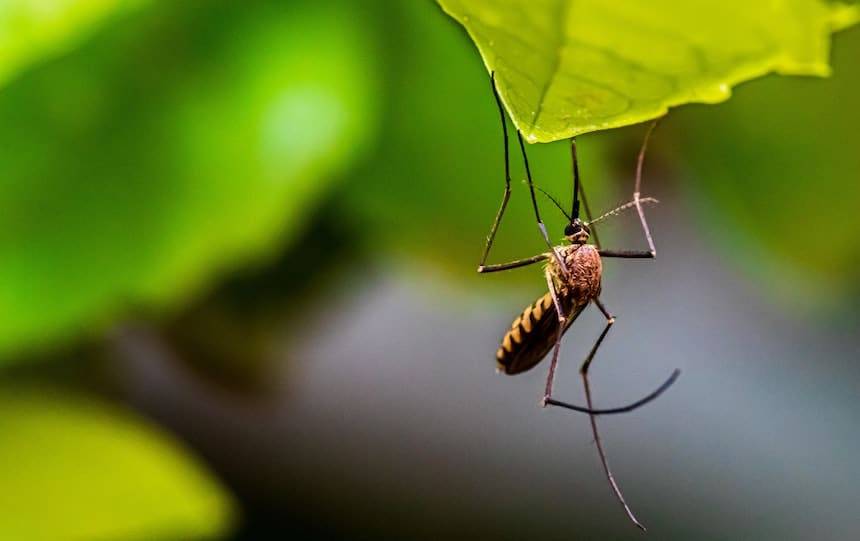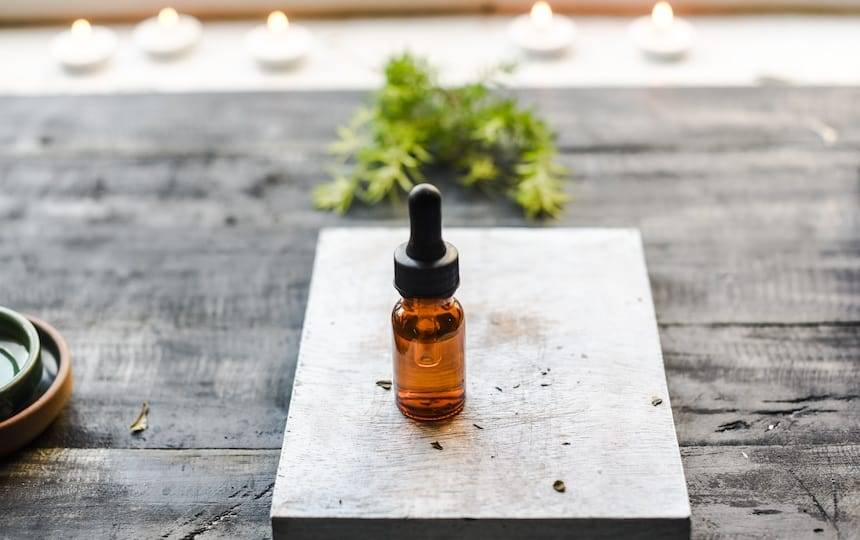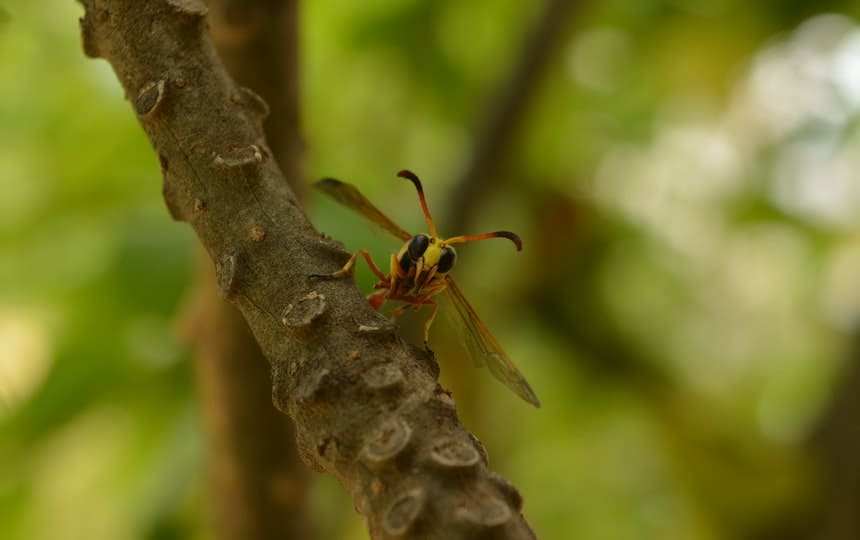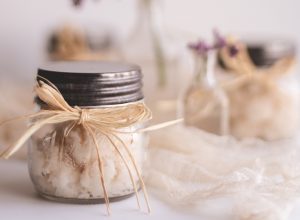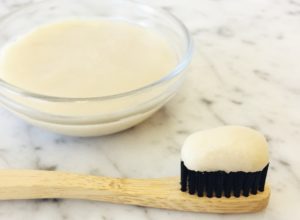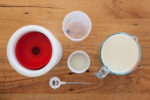Want to keep those pesky mozzies away naturally? This simple natural insect repellent recipe may do the trick!
Anyone who spends any kind of time outdoors during the warmer months will know that dealing with mozzies… and march flies… and midges, is par for the course. Which leads to the perennial conundrum of how to get them to bug off!
Understandably, many of us don’t want to be spraying pesticidal substances all over our bodies, so making your own natural insect repellent may serve as an effective alternative.
How do insect repellents work?
Mosquitos find their prey by detecting carbon dioxide from our breath, and the scent of our skin. Topical repellents work by masking this scent.
Neither natural nor synthetic insect repellents are insecticidal. Current studies suggest they work by disrupting an insects’ neurological receptors for prey (ie. fresh humans!). So they don’t kill the insects, just temporarily bamboozle them.
Natural insect repellent recipe
There is some evidence that certain natural essential oils repel insects. Those with evidence to back them up include:
- Citronella oil
- Lemon eucalyptus oil
- Tea tree oil
Here is a simple natural insect repellent recipe you could try at home…
Ingredients:
- 2 tablespoons of almond oil (or you could try grapeseed oil, jojoba oil, olive oil or neem oil)
- 2 drops citronella
- 12 drops of lemongrass oil
- 6 drops of eucalyptus oil
- 2 tablespoons of vodka, which will act as a preservative
Method:
Combine the ingredients in a small, sterilised glass bottle, secure the lid on the bottle and shake to mix the ingredients. Store in a cool dark place.
Non-topical prevention
Along with using a natural insect repellent, a great way to reduce the risk of insect bites is to wear the right clothing. Wear light clothing, as mosquitos and midges are attracted to dark colours. You can also reduce your appeal to hungry bugs by covering up exposed skin as much as possible.
Mosquitos also need stagnant water to breed in, so ensure any rain tanks you have are appropriately netted and there are no places water can accumulate in your garden.
Dusk and dawn are the most likely times you will get bitten by insects, so avoiding outings at times when biting bugs are most active can be helpful.
When a natural insect repellent isn’t enough
Insect bites aren’t just itchy and annoying, there are some extremely dangerous mosquito-borne illnesses out there.
Even in Australia, there are areas deemed high-risk for debilitating illnesses like Ross River Virus and Bairnsdale Ulcer, as well as outbreaks of Encephalitis and Dengue Fever.
Experts agree it’s unwise to use a natural insect repellent where these viruses are prevalent and suggest a more traditional synthetic option may be the better option. If in doubt, seek medical advice from your local pharmacist or GP.


